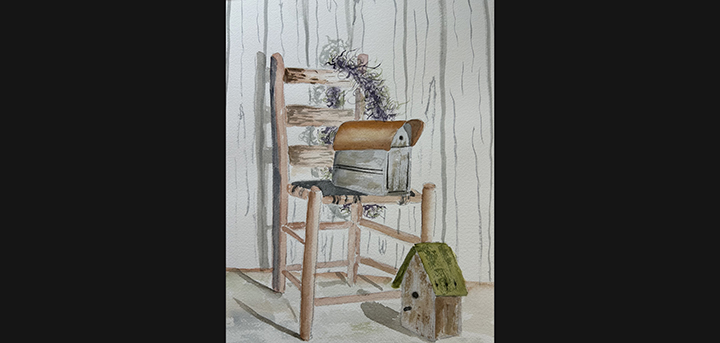It’s a small, crazy world
As of this morning, hopefully still, 50 workers at the Fukushima Dai-ichi nuclear plant in Japan were struggling to prevent perhaps the worst industrial accident in history.
These men have no doubt toiled for several restless nights without power or supplies, and each is slowly being poisoned by the site’s leaking radiation. There were originally 800 workers at the plant, but after an 8.9 earthquake, 30-foot tidal waves, radioactive fires, three hydrogen gas explosions and radiation exposures, their numbers have been whittled to a skeleton crew of 50, through evacuation, injury and death.
In the capital of Tokyo, 170 miles away, officials reported detecting radiation readings 20 times above normal for a period of time. Tokyo is one of the world’s largest cities, a futuristic super-sprawling metropolis with more than 30 million inhabitants living in the area. There is a concern that prevailing winds may shift, releasing nuclear material toward the city.
All residents within 12 miles of the plant who were unable to evacuate are being told to remain inside their homes with their windows and doors closed.
The Japanese government has assured the public that even in the case of a meltdown involving several reactors, the incident would still not develop into a situation as catastrophic as the one seen at Chernobyl in 1986.











Comments